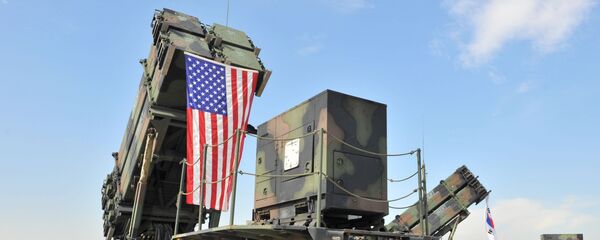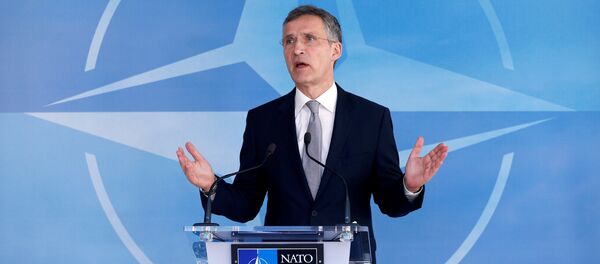Sputnik has discussed Saudi-Israeli relations with Dr Kobi Michael, a senior research fellow at the Institute for National Security Studies at Tel Aviv University and former deputy director general and head of the Palestinian desk at the Ministry for Strategic Affairs.
Sputnik: Do you think there has been a serious improvement in this alliance that you're saying has already existed, post-summit that took place in Warsaw?
And I think it becomes more and more easy for these Arab countries to speak about it loudly and in a clear manner, in the sense that it's not a secret anymore. But we have to differentiate, first of all, between the leadership and leaders of these countries and the broader public and constituencies of these countries; because among the leaders it is pretty clear that there is a need to cooperate and to even broaden the cooperation, but the problem is with their constituencies, mainly in Saudi Arabia.
Sputnik: Of course, there's differences between the two countries as well, the primary issue is Palestine. Do you think that they will be able to ever be on the same page on Palestine?
Dr Kobi Michael: I really doubt it because I think that even if they will introduce a moderate plan or a modified or adjusted Arab plan in comparison to the 2002 Arab plan or initiative, I think that it will be automatically rejected by the Palestinians. So I really doubt the option that any initiative that they will introduce will be accepted by the Palestinians, and if it will be rejected by the Palestinians then they will be obliged to follow the Palestinians.
READ MORE: US Lawmaker Urges Congress to Pass Bill Stopping Trump From Leaving INF Treaty
And I think that the probability for such a treaty or such an agreement, the final status agreement between Israel and the Palestinians is not beyond the corner, it is something which is not here, or it's not in the near future.
Sputnik: What other motives do the two sides have for some kinds of rapprochement?
So first of all, they're pressuring the Arab countries to make a move forward and they see Israel as a very major component in this alliance in this way or another. I think that these countries, mainly Saudi Arabia and Egypt, are dependent on the US. Therefore, they are aware of the pressures of the Americans. This is one reason that might explain the motivation.
READ MORE: 'Picking Up Pieces of International Order' May Be Hard With US 'Throwing Stones'
The views expressed in this article are solely those of Dr Kobi Michael and do not necessarily reflect the official position of Sputnik.





